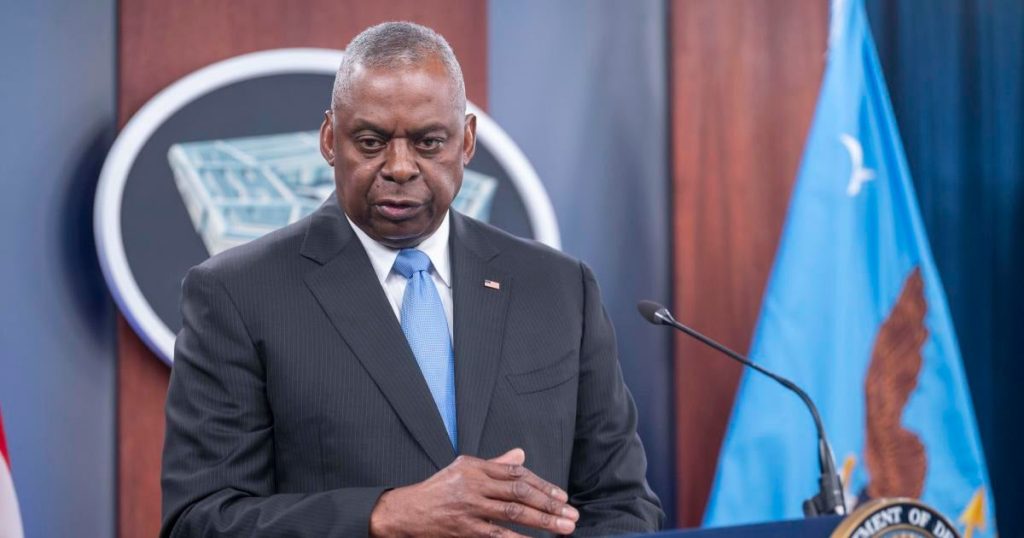A military appeals court ruled that Defense Secretary Lloyd Austin could not withdraw plea agreements for Khalid Sheikh Mohammed, the accused mastermind of the Sept. 11, 2001 terror attacks, and two other defendants. The Defense Department filed a motion to delay the plea hearings so they could consult with the Department of Justice on whether to appeal the decision. If the plea agreements go through, the death penalty will be taken off the table, and the three men will plead guilty in separate hearings. The agreements were reached in late July after more than two years of negotiations.
Defense attorneys argued that the plea agreements still stood and questioned whether Austin had exercised undue or unlawful command of influence. The military judge overseeing the case ruled that the plea deals were valid and enforceable, finding that Austin exceeded his authority when he nullified the agreements. The detainees were captured by the U.S. in 2003 and were transferred to Guantanamo Bay in 2006. They have been formally charged since 2008, but legal delays have hindered their prosecutions due to issues surrounding evidence obtained during their interrogations at secret CIA prisons.
The detainees agreed to plead guilty to conspiracy and murder charges in exchange for a life sentence, removing the death penalty as a possible punishment. They also agreed to respond to questions from the families of 9/11 victims about their roles in and reasons for conducting the attacks. Nearly 3,000 people were killed in the attacks that occurred 23 years ago, with hijacked planes hitting the World Trade Center in New York City, the Pentagon outside of Washington, D.C., and a plane bound for Washington crashing into a Pennsylvania field.
The Defense Secretary’s decision to rescind the plea agreements has caused a delay in the proceedings, with the Defense Department seeking consultation with the Department of Justice on whether to appeal the ruling. The agreements were initially approved by a senior Pentagon official overseeing the military court at Guantanamo Bay. The legal complexities surrounding the use of evidence obtained during interrogations have been a major point of contention in the years-long legal process.
The case involving Khalid Sheikh Mohammed and the other defendants has faced numerous legal challenges and delays since their capture in 2003. The military judge’s ruling that the plea deals are valid and enforceable highlights the complexities of the legal proceedings in these high-profile terrorism cases. The involvement of the families of 9/11 victims in the plea agreements and the decision to remove the death penalty as a possible punishment reflect the emotional and legal complexities of seeking justice in cases of this magnitude.















